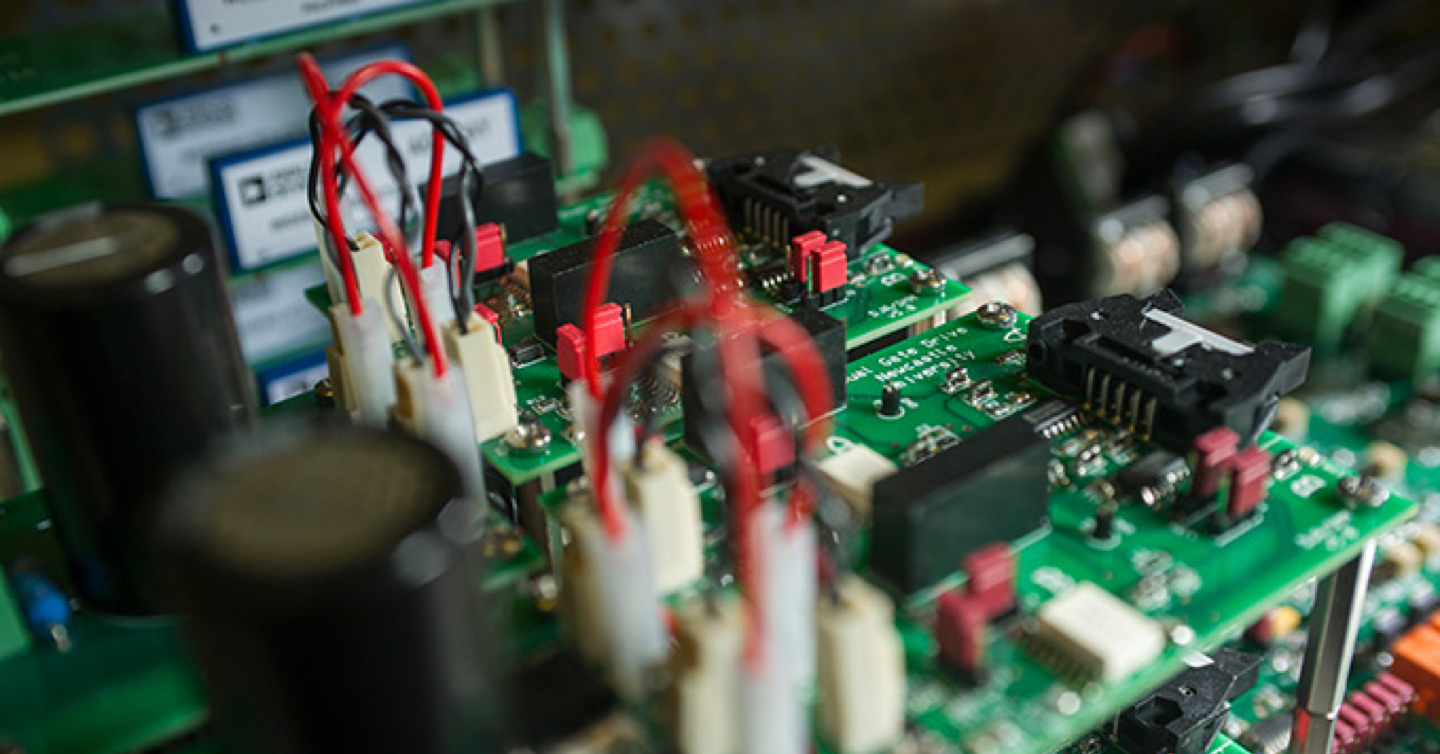Qing Li
Permanent magnet machines for helicopter tail rotor drives.
- Email: q.li24@ncl.ac.uk
Supervisors
- Prof Barrie Mecrow
- Dr Xu Deng
- Dr Xiang Shen
Project description
More-electric aircraft replace conventional mechanical, hydraulic or pneumatic systems with an electric system. This has a number of advantages, including:
- reduced emissions and noise
- higher reliability
- lower production, operational and maintenance costs
- higher power density and efficiency
The helicopter electrical tail rotor (ETR) drive system consists of a generator, electric energy storage, a power converter, an electric motor and a control unit. The system is safety-critical, so all components must have high reliability and fault tolerance.
The most important part of the helicopter ETR drive system is the fault tolerant motor which needs to fit a specific volume and weight. The motor should be able to adapt to two working conditions, hover operation and forward flight. These are alternating because of flight conditions. The difference is the power supply. The permanent magnet (PM) machine is a suitable solution for helicopter rotor tail application. It will achieve a higher power density and reduce the envelope and weight of the whole system. We are investigating the reliability and the trade-offs between power density, efficiency and volume of the PM machine.
Interests
Permanent magnet machine design, loss analysis, cooling system design.
Qualifications
- BEng in Electrical Engineering and Automation from Jiangsu University, Zhenjiang, China (2015)
- MEng in Automation and Control from Newcastle University (2017)
